
The Elephant Camp’s Eco-initiatives
The Elephant Camp emerges from the plains of incredible natural wonder, where lives a diverse species of plants and animals that generously allow us to immerse ourselves in the raw beauty of their home.
In turn, we cherish and protect the natural wonders, resources, and history that encompasses the camp.
Our lodge is built and managed in the most eco-friendly way possible so that our presence in the wilderness enhances the quality of conservation in the area and minimises the negative impact.
The lodge was built with environmentally friendly decking that is Forest Stewardship Council certified and consists of 60% bamboo fibres and 40% recycled plastic that would otherwise have entered landfills.
The Elephant Camp was awarded Green Tourism Silver grading in 2016.
Grey Water Use.
In line with our minimal waste philosophy, we use grey water for irrigation at The Elephant Camp, notably on our indigenous tree nursery.
Elephant Sanctuary and Orphanage
In 1992, four elephants fondly known as “Jock”, “Jack”, “Jumbo “and “Miz Ellie” were in desperate need of a new home. They were orphans from a culling operation in Hwange National Park in 1980 and had outgrown their temporary home on a small farm in Zimbabwe.
With an uncontested, unwavering conservation ethic, Wild Horizons was identified as an ideal candidate to create a facility that would enhance the lives of the founding four elephants and provide a space for other elephants in need of care. The Wild Horizons Elephant Sanctuary and Orphanage was established, and has been a safe haven to a mirage of orphaned and injured elephants since its conception.
At Wild Horizons the elephant’s welfare and well-being has always taken precedence and the elephant keepers have been equipped with expansive training and knowledge to ensure dignified treatment of the animals at all time.
Solar Heating.
The sun seems to blaze brighter over Africa than anywhere else in the world. Our solar water heating systems harness the energy provided by the sun and allow the camp to be partially run by this natural power house.
Indigenous Tree Planting Program.
It takes some trees as many as 30 years to grow, yet it takes a matter of minutes to bring them crashing down. Uncontrolled harvesting of trees for firewood and carving has robbed the land of many of these vital life-giving sources. In an effort to combat this worldwide phenomenon, The Elephant Camp has created an indigenous tree nursery. The seeds of indigenous trees are nurtured until they are well established enough to be transported to areas in need of rehabilitation.
“What we are doing to the forests of the world is but a mirror reflection of what we are doing to ourselves and to one another.”
Chris Maser.
Organic Vegetable Garden.
Beneath the topsoil that hundreds of hooves have crossed over lies a wealth of rich nutrients. The flavourful vegetables and the fragrant herbs that we incorporate into the menu have been nurtured in our garden and are free from any chemicals or pesticides. The only food miles these ingredients experience is the short walk from patch to plate.
Community Relations.
In order to ensure sustained and effective conservation, community involvement is essential. Wild Horizons works closely with the local community, pooling our knowledge with theirs, to create projects which maximise environmental awareness. We are a rich nation because we live in an environment of invaluable natural capital and this natural capital needs to be conserved with our collective efforts. Social responsibility is an integral part of life in Victoria Falls. Wild Horizons supports many initiatives, logistically and financially, in the region.
Worm Farm
In the animal kingdom, every species has a role to play, from the looming elephant that brush past the trees, to the small worms that wriggle at their roots. The different groups work together to keep the earth alive in a way that humans struggle to do. Elephants digest very little of their food, and their dung is full of vitamins, fibre and minerals. Accompanied by a side of plant waste from the kitchens, this nutrient rich feast allows our worms to create valuable compost. The compost is fed to the organic garden, and so the cycle continues.
Biological Monitoring and Erosion Control.
Bi-annually, a qualified Environmental Officer visits the camp to monitor the biology of the Wild Horizons Wildlife Sanctuary. Surveys are conducted on our resident orphaned elephant herd and the other wildlife that live within the sanctuary, so that their impact can be monitored and adjusted to lessen environmental pressure. Greedy alien vegetation is eradicated and soil erosion is carefully managed, both within the reserve and in neighbouring communal areas.
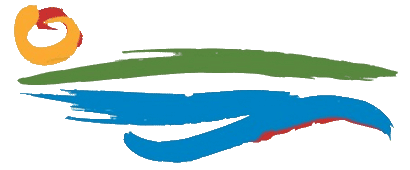
Wild Horizon's Corporate Social Responsibility
Wild Horizons is an eco-tourism operator devoted to conserving and celebrating the pristine natural wilderness from which we operate. From the Zambezi River to the National Park, we are wholeheartedly invested in Africa’s pristine and unique natural beauty. We work tirelessly to preserve and protect the environment in every dimension of the business, sharing ecotourism’s benefits with the communities that we work alongside.
Behind every Wild Horizons venture is a purpose aimed at creating an enriching travel experience for our guests while conserving Africa’s wilderness and wildlife for the local communities and future generations.
Our social responsibility philosophy symbolises the moral compass that we use as a guiding framework for all decision-making within the organisation

Contact Us
Telephone: +263 83 28 42279, +263 83 28 44426, +263 83 28 42001,
Mobile: +263 782 745111
Email: wilma@wildhorizons.co.za
CONNECT WITH US

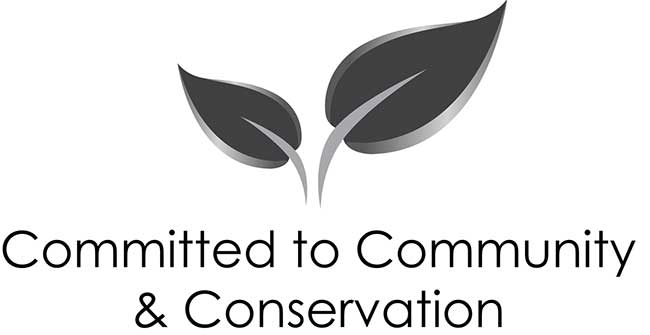
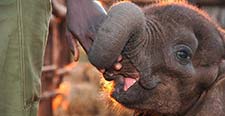
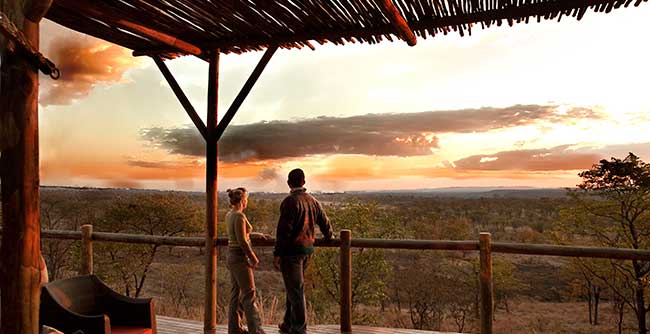
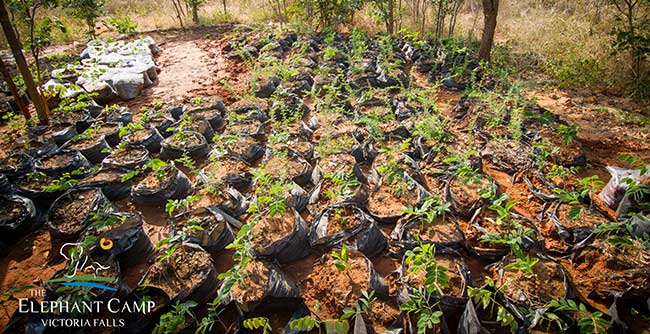
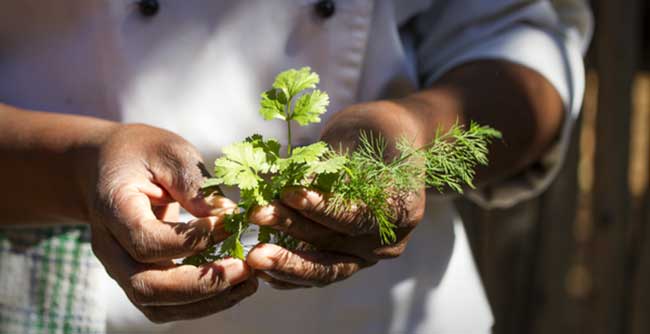
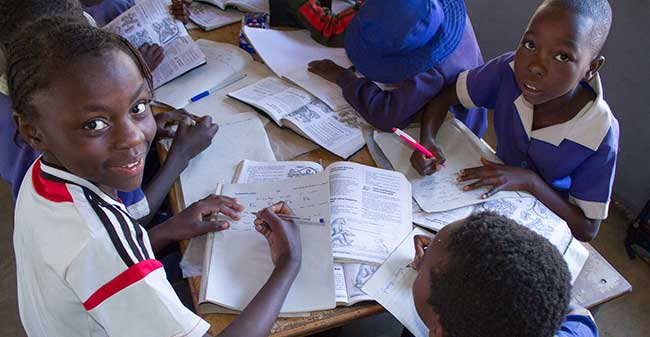
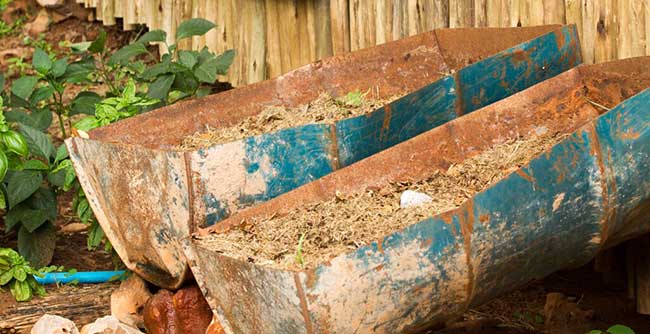
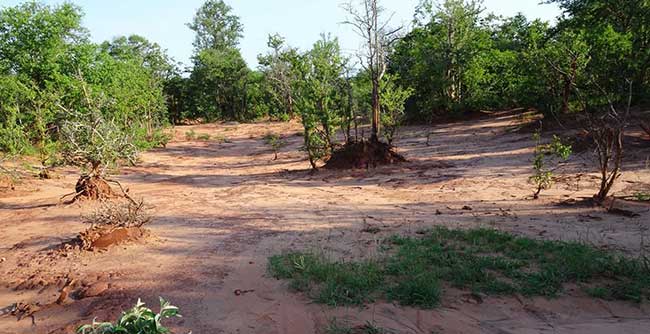

 Flights between Victoria Falls and Cape Town
Flights between Victoria Falls and Cape Town
